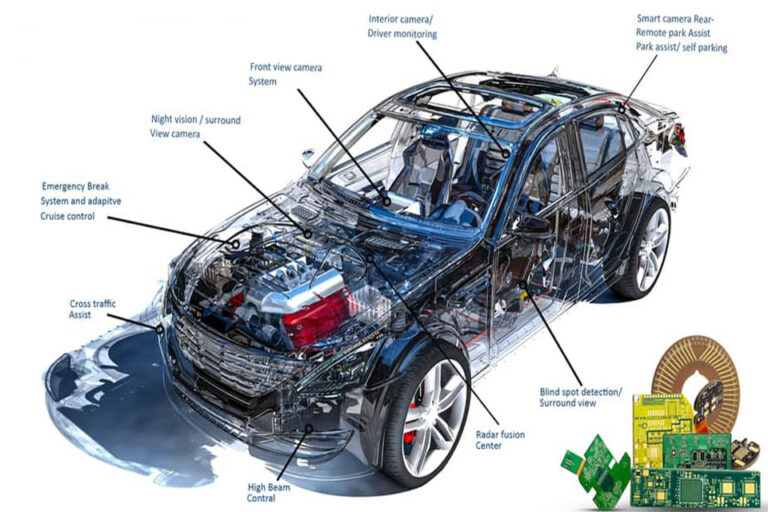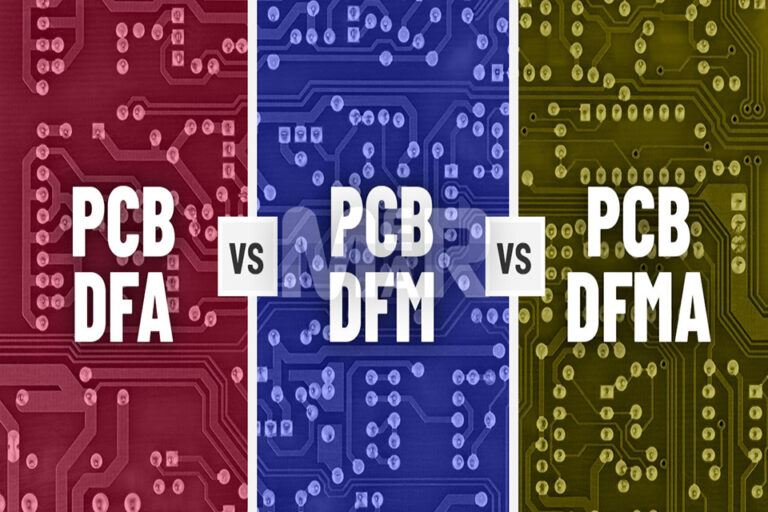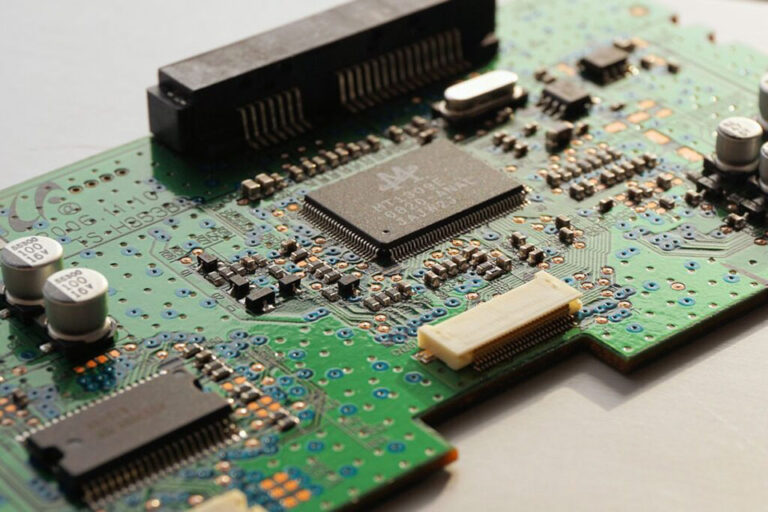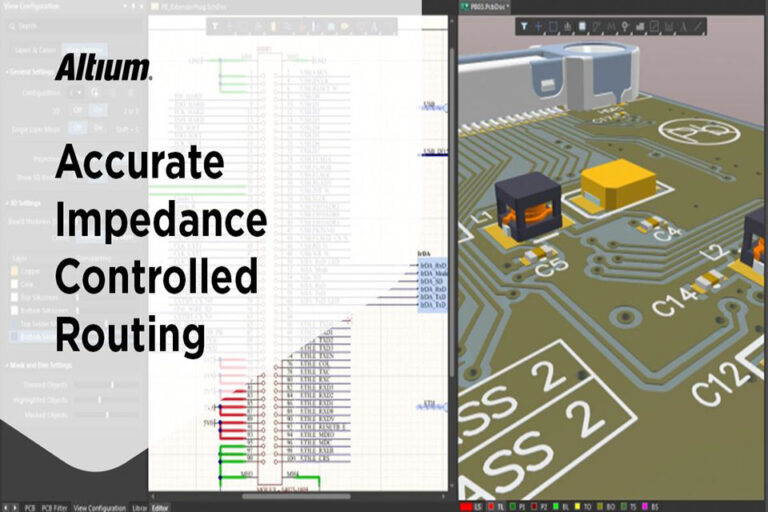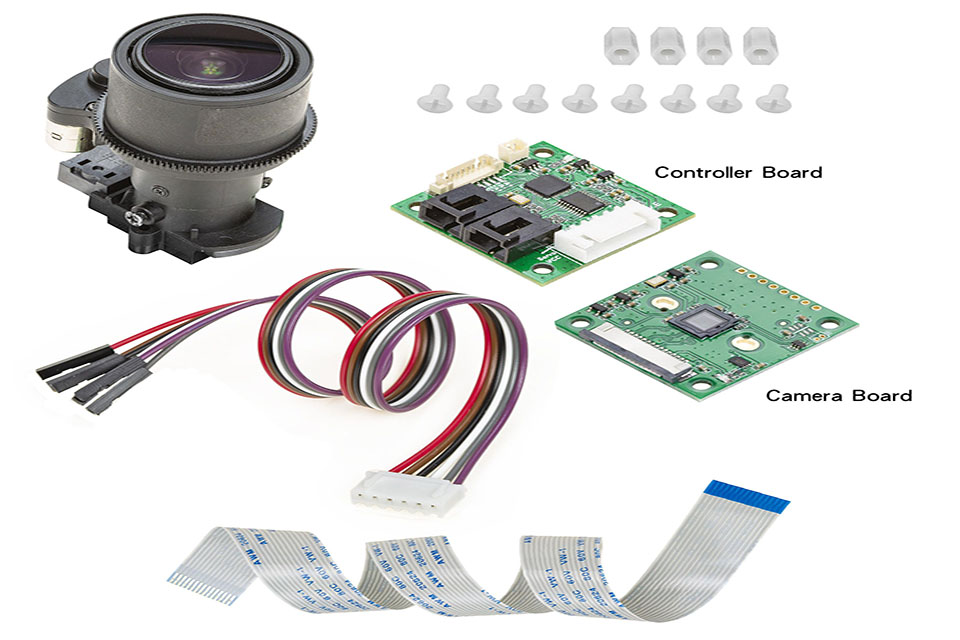
Analysis of the core role of camera control board in the security field
Introduction
Modern security systems are undergoing intelligent technological innovation. camera control board and PCBA (printed circuit board assembly) as core hardware carriers are reshaping the technical boundaries of the video surveillance industry. From high-definition image processing to AI intelligent analysis, these precision electronic components not only carry basic functions, but also promote the development of security systems towards intelligence and networking. This article will deeply analyze the key roles of camera control board and PCBA in the security field and explore their technological innovation paths.
Table of Contents
1. Hardware foundation of security system
1.1 Core component architecture
Camera control board is the “brain” of security equipment, and realizes three core functions through camera PCBA:
- Image signal processing: convert optical signals into digital image data
- Real-time transmission management: coordinate the transmission of video streams between storage and display devices
- Intelligent algorithm execution: run AI algorithms such as motion detection and face recognition
Technical characteristics comparison table
| Functional module | Traditional solution | Intelligent upgrade version |
|---|---|---|
| Image resolution | 1080P standard definition | 4K/8K ultra-high definition |
| Environmental adaptability | Basic night vision function | Full spectrum adaptive adjustment |
| Data transmission rate | 100Mbps LAN transmission | 5G/WiFi6 high-speed transmission |
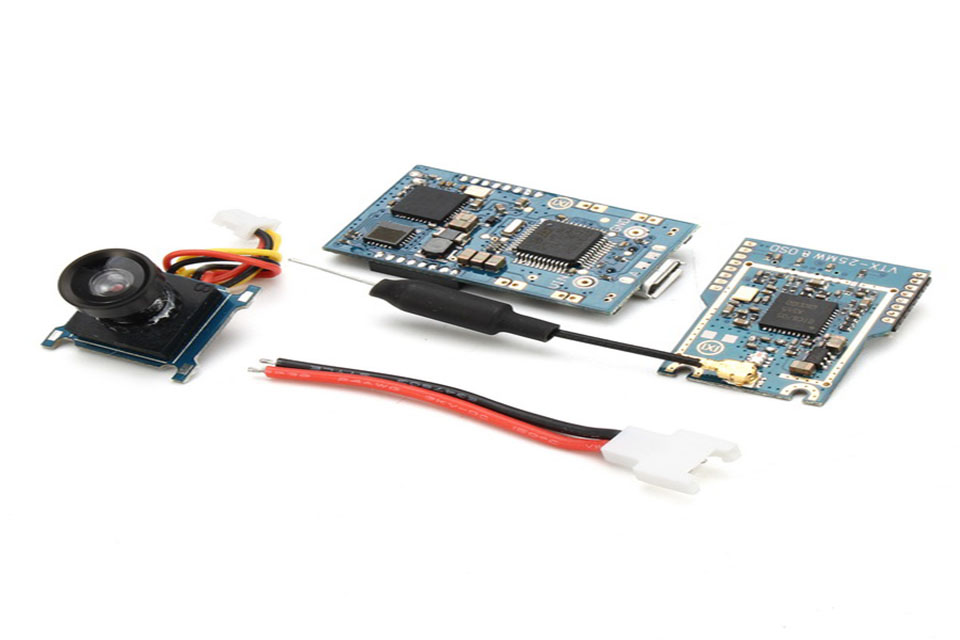
2. Innovative application scenarios of camera control board
2.1 Multi-function integration platform
Modern camera control board has broken through the limitation of single function and realized the integration of three major technologies:
- High-definition video processing: Support HDR dynamic range expansion
- Edge computing capability: Complete AI analysis on the device side
- Multi-protocol compatibility: Integration of standard protocols such as ONVIF and RTSP
Typical application scenarios
- Smart city: license plate recognition system at traffic intersections
- Commercial security: customer flow statistics analysis in retail stores
- Industrial monitoring: thermal imaging monitoring in dangerous areas
2.2 Energy efficiency optimization breakthrough
The new generation of PCBA design adopts:
- Dynamic power management: Switch energy-saving mode according to the scene
- Wide temperature range adaptation: Stable operation from -40℃ to 85℃
- Anti-interference design: Passed FCC Class B certification
III. Insights into technology development trends
3.1 Real-time monitoring enabled by 5G
5G technology brings to PCBA:
- Ultra-low latency: end-to-end transmission delay <50ms
- Large-scale connection: single base station supports 1000+ devices
- Edge computing acceleration: local processing of 90% video data
3.2 AIoT ecosystem construction
PCBA is becoming an AIoT node:
Intelligent analysis algorithm example
- Loading deep learning model
- Real-time target detection
- Visualizing analysis results
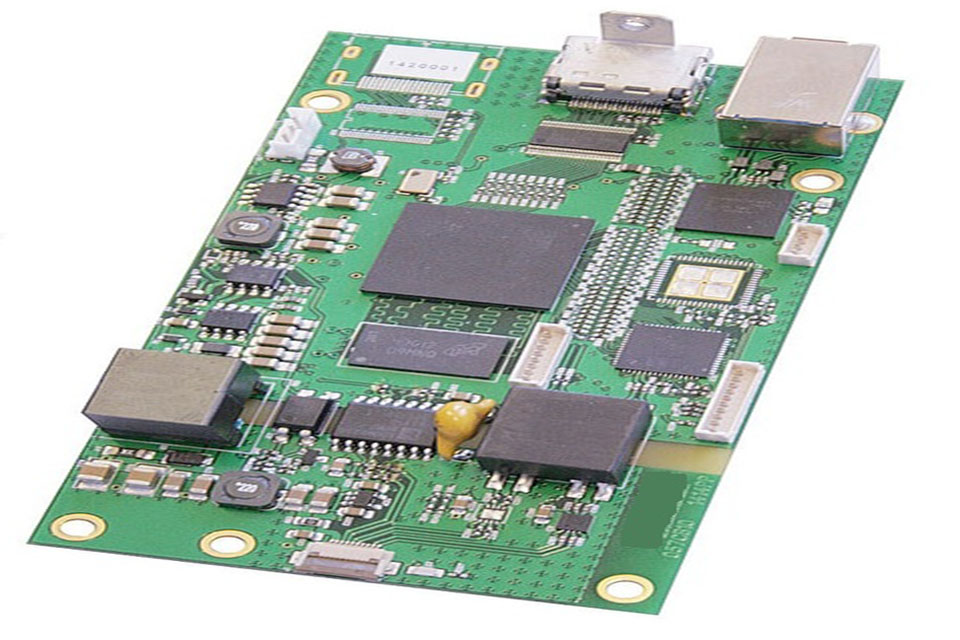
4. Answers to common technical questions
Q1: Comparison of the advantages and disadvantages of cloud storage and local storage?
Cloud storage provides the advantage of elastic expansion, and local NVR better guarantees data privacy. It is recommended to adopt a hybrid storage architecture.
Q2: How to choose a suitable camera control board?
The three core parameters of resolution support, environmental adaptability level, and interface type need to be considered. It is recommended to refer to the ISO/IEC 17025 certification standard.
Q3: What are the precautions for PCBA custom development?
The functional requirements list should be clearly defined, 20% hardware redundancy should be reserved, and EMC electromagnetic compatibility test should be passed.
Q4: What is the deployment cost structure of the intelligent security system?
Hardware accounts for 45%, software authorization 30%, and operation and maintenance services 25% (data source: 2023 Security Industry White Paper)
Q5: How to ensure the security of video data?
Adopt AES-256 encrypted transmission, cooperate with blockchain evidence storage technology, and pass ISO 27001 information security management system certification.
Q6: What is the technical implementation principle of the night vision function?
Through the infrared fill light LED array (850nm wavelength) and FPA focal plane detector, 0.1Lux low-light imaging is achieved.
V. Future Technology Outlook
- Quantum Encryption Transmission: It is expected that commercial-grade quantum key distribution will be realized in 2025
- Self-repairing Circuit: Circuit self-repairing technology based on graphene materials
- Holographic Image Capture: Using LiDAR+ToF Sensor Array
Conclusion
As the nerve center of the security system, the camera control board and PCBA are driving industry changes through continuous technological iteration. From basic image acquisition to intelligent data analysis, these hardware platforms continue to break through performance boundaries. With the deep integration of 5G and AIoT technologies, future security systems will achieve more accurate threat warnings and more efficient resource scheduling, providing solid technical support for the construction of smart cities.

